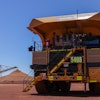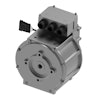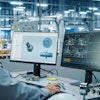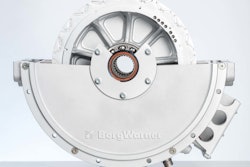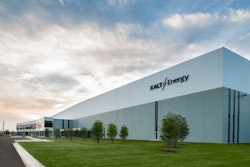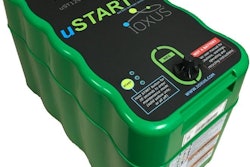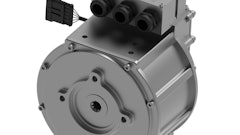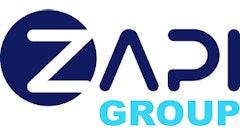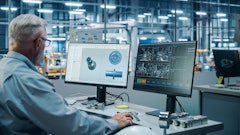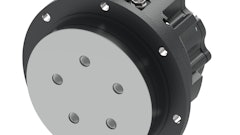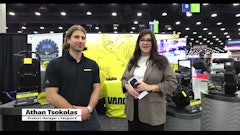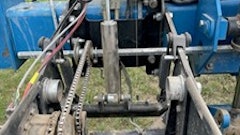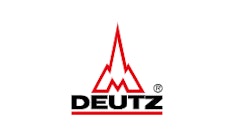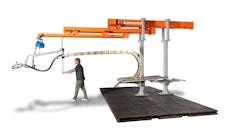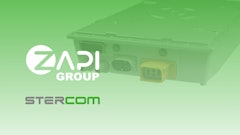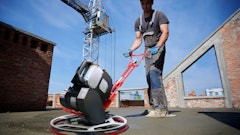Dana Incorporated is applying its extensive fuel cell expertise to designing and manufacturing composite and metallic bipolar plates for public transportation systems, such as eBus and hydrail applications. Developing and validating fuel-cell component solutions for emerging, environmentally friendly public transportation vehicles is another milestone in Dana's efforts to enable the commercialization of fuel-cell applications.
"Dana has a long history of developing innovative alternative-energy solutions, including fuel-cell technologies, that support the launch of long-range, zero-emission transportation solutions across many different industries," says Dwayne Matthews, President of Dana Power Technologies. "Our expertise and world-class manufacturing process ensures Dana's bipolar plate technology delivers exceptional durability and performance that is well-suited for tomorrow's power sources."
Hydrogen-powered fuel cells are an ideal power source for electric vehicles with long-range requirements due to the fast refilling time of the hydrogen tanks. Featuring integrated seals, Dana's composite bipolar plate assemblies are manufactured to Dana's superior quality standards, providing a reliable, high-performing, and cost-effective solution for ultra-efficient fuel-cell stacks.
The bipolar plate assemblies play an important role in a fuel-cell stack's operation, working to evenly distribute hydrogen and air, conduct electrical current from cell to cell, and remove heat from the active area while preventing leakage of gases and water. In addition, because there are hundreds to thousands of plates in large fuel-cell systems – enough to power a train – they play an important role in system volume, weight, and cost. Through Dana's flexible manufacturing process, the durable composite plates can be customized to meet the individual needs and requirements of each customer.
"Dana continues to demonstrate leadership in advancing the new era of sustainable mobility and is well-positioned to capitalize on the small- and large-scale adoption of electric and fuel-cell systems in the future," continues Matthews.
In addition to composite bipolar plates, Dana designs and manufactures metallic bipolar plates, another critical component for enhancing the performance of fuel-cell powered vehicles. Manufactured with Dana's patented integrated sealing technology and in-line conductive coating, the company's ultra-thin metallic bipolar plates deliver superior power density, reliability, and durability. Likewise, Dana's unique plate manufacturing, which utilizes high-precision, high-speed stamping and sophisticated laser welding, aids in its ability to streamline production and offer customers a cost-effective product.
In addition to supplying its reliable bipolar plates to numerous customers, Dana has leveraged its fuel cell expertise to contribute to critical industry projects that are shaping the future of the fuel-cell market. Dana is a member of the Autostack Industry (previously Autostack CORE) project, which is a joint initiative of the German automotive and supply industries and aims to provide the technical, economic, and technological basis for the commercial introduction of fuel cell vehicles in Germany and Europe by 2020. Dana is also a member of INSPIRE, a unique public-private partnership supporting research, technological development, and demonstration in fuel cell and hydrogen energy sectors in Europe.
Dana's fuel-cell technologies and capabilities will be on display in Hall 27, booth B69 at Hannover Messe 2019, April 1-5 in Hannover, Germany.
